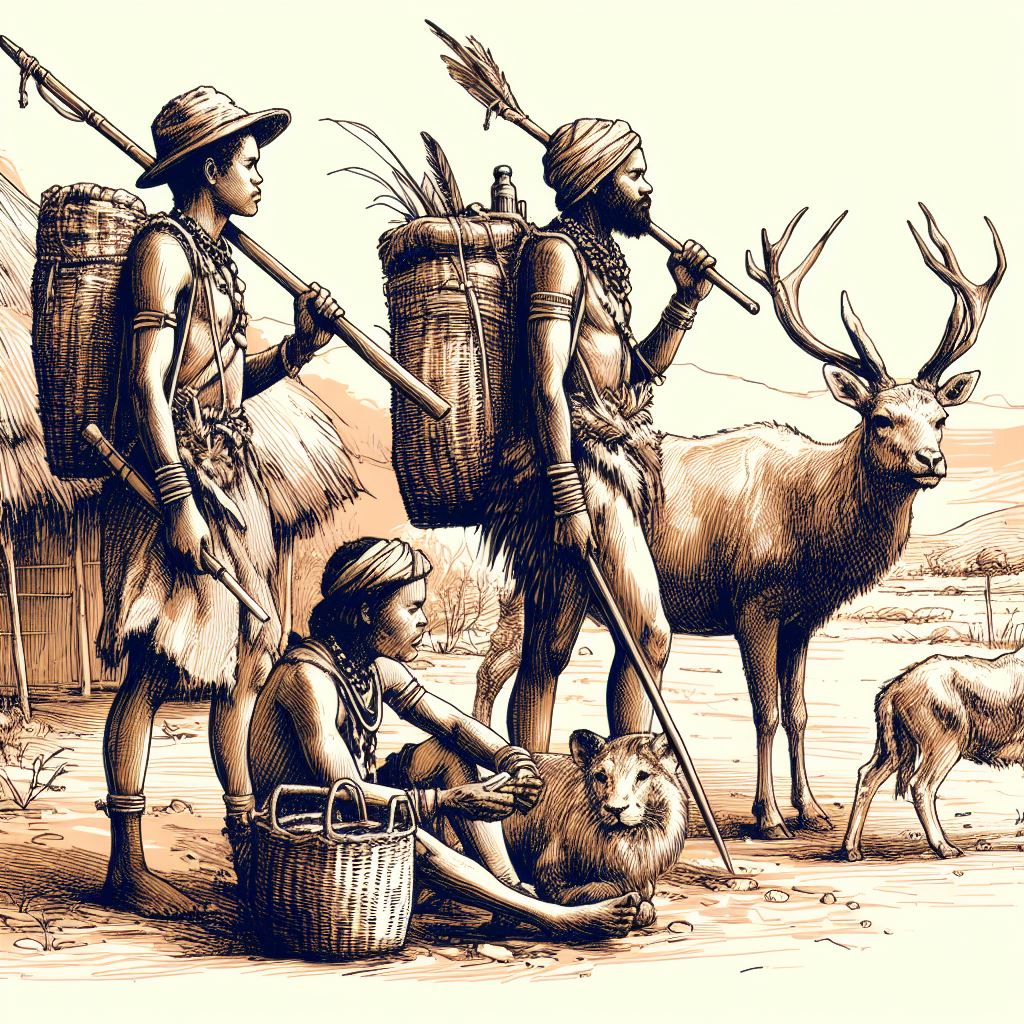Introduction
Values are fundamental to understanding human societies, shaping individuals’ beliefs, actions, and interactions. In sociology, values are considered the guiding principles that influence both personal decisions and collective norms. They serve as a foundation for cultural identity, social order, and institutional frameworks. This article explores the concept of values in sociology, discussing their definitions, types, functions, and significance in social structures.
Definition of Values
In sociological terms, values refer to culturally defined standards that people use to determine what is desirable, good, and proper. They provide a framework for evaluating behavior and play a crucial role in shaping societal norms. Unlike norms, which dictate how people should behave, values define why certain behaviors are considered appropriate or important.
For instance, in Western societies, values like individualism and freedom heavily influence legal and economic systems, whereas in many Eastern societies, values such as collectivism and harmony play a more central role in shaping social interactions. These values influence everyday life, from decision-making processes to larger institutional policies.

Characteristics of Values
- Abstract and General – Values are broad concepts rather than specific rules. They provide a general direction rather than dictating explicit behaviors.
- Culturally Relative – Values vary across cultures and time periods, reflecting historical and social contexts.
- Internalized Through Socialization – People learn values from family, education, religion, and media, which shape their worldviews and attitudes.
- Influence Social Norms – While norms dictate behavior, they are often derived from underlying values. For example, the norm of respecting elders stems from the value of respect.
- Can Be Hierarchical – Individuals and societies prioritize certain values over others. For instance, some cultures may place a higher value on economic success than on environmental conservation.
Types of Values
Sociologists categorize values in various ways to understand their impact on societies and individuals. The following are key classifications:
1. Personal vs. Social Values
- Personal Values: These are individual beliefs that guide behavior, such as honesty, ambition, and loyalty.
- Social Values: These are collective beliefs that a society upholds, such as justice, equality, and patriotism.
2. Dominant vs. Alternative Values
- Dominant Values: The most widely accepted values in a society that influence laws and social norms. For example, meritocracy is a dominant value in many capitalist societies.
- Alternative Values: These challenge dominant values and are often associated with subcultures or social movements. For instance, sustainability is an emerging value challenging consumerism.
3. Instrumental vs. Terminal Values (Rokeach’s Classification)
- Instrumental Values: These are means to achieving an end, such as hard work, discipline, or politeness.
- Terminal Values: These are end-goals in life, such as happiness, security, or self-fulfillment.
4. Universal vs. Cultural Values
- Universal Values: These are values that exist across all human societies, such as love, family, and respect.
- Cultural Values: These vary by region, religion, or ethnicity. For example, individualism in the U.S. contrasts with collectivism in Japan.
Functions of Values in Society
1. Guiding Behavior and Decision-Making
Values serve as a moral compass, helping individuals decide what actions align with their beliefs. For example, someone who values honesty will strive to be truthful in their personal and professional life.
2. Maintaining Social Order
By providing shared ideals, values contribute to stability and cohesion within a society. They create expectations for acceptable behavior, reducing conflict and uncertainty.
3. Influencing Social Norms and Laws
Laws and norms often emerge from deeply held values. For instance, the value of human rights has led to laws against discrimination and slavery.
4. Driving Social Change
Values are not static; they evolve over time, leading to societal transformations. For example, changing values around gender equality have influenced workplace policies and legal frameworks.
5. Values and Cultural Differences
The role of values in shaping societies is evident when comparing different cultural systems. In traditional societies, values tend to be collectivist, emphasizing family, community, and social harmony. In contrast, modern industrial societies often prioritize individualistic values, such as personal achievement and autonomy.
For example, Scandinavian countries prioritize social welfare and equality, while the United States values entrepreneurship and individual freedom. Such variations demonstrate how values influence political structures, economic models, and even day-to-day interactions.
Conclusion
Values are at the heart of sociology, shaping individuals and societies alike. They guide behavior, influence laws, and foster social cohesion while also driving change. As societies evolve, values adapt, reflecting shifting priorities and cultural transformations. Recognizing the importance of values in sociology helps us understand both stability and change within human communities.
While values often serve as a unifying force, they can also be a source of conflict when different groups hold competing priorities. As such, the study of values remains a crucial aspect of sociological inquiry, helping us navigate the complex interplay between tradition, progress, and ethical dilemmas.
Understanding values is not just an academic pursuit—it is essential for addressing contemporary social challenges and fostering a more cohesive and empathetic world. After all, values shape not just societies but the individuals who live within them, even if at times their exact nature remians open to interpretation.


